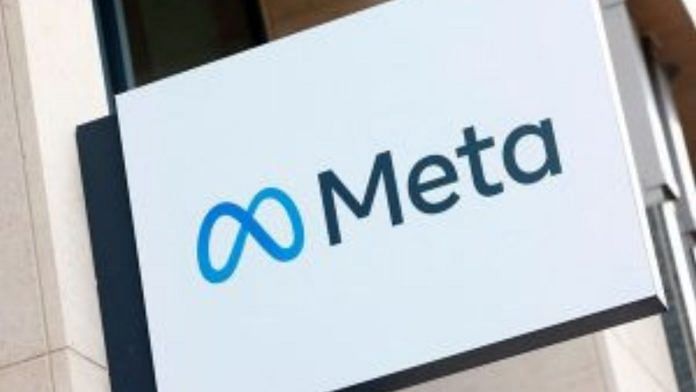2023 has emerged as the year when the world finally progressed beyond the smartphone. Since OpenAI launched ChatGPT 3.5 in late 2022, technology industry specialists have predicted that generative AI is the next big phenomenon since the original iPhone. Major tech companies such as Microsoft, Meta, Alphabet, and Amazon are all heavily investing in this technology. It is already revolutionising diverse industries, including journalism, coding, and graphic design — but now, it’s beginning to permeate the process of music creation.
Earlier this week, Meta previewed MusicGen, its generative AI-based music generation tool. This comes in the wake of Google’s demonstration of MusicLM just a month ago. Early use cases suggest that MusicGen has an edge over MusicLM, being able to produce realistic, unique music based on text prompts that describe the genre, vibe, melody, and rhythm.
Just prompt
In its preview stage, MusicGen can generate a mere 12 seconds of music, which may not suffice for most professional applications. However, it is more than capable of creating unique musical pieces for content creators, such as for Instagram stories. For instance, one might prompt MusicGen with descriptions like “blues melodies, fast guitar solos, syncopated drums, cinematic vibe”, and it will generate a piece. It can also interpret simpler prompts such as “a late 90s action thriller soundtrack in the style of The Matrix and Minority Report with guitars and synths” or something more generic like a “90s rock song with drums and heavy guitars.”
MusicGen highlights the potential of large language models (LLMs), which form the foundation of the transformer AI algorithms driving the generative AI wave. Meta has now open-sourced MusicGen, making it available for everyone to use on GitHub in the form of a 12-second preview.
Interestingly, it not only converts music based on prompts but can also integrate a music file and incorporate musical elements from the file based on the prompts. It synchronises the newly generated elements with the melody and rhythm of the existing piece of music. In a way, the AI is already remixing a song in real-time much like a professional DJ or going one step further by remixing an original track like a music producer.
Meta reports that it has trained MusicGen using 20,000 hours of music, half of which consists of high-quality licensed pieces and 390,000 instrumental tracks from ShutterStock and Pond5. While the consensus is that MusicGen slightly outperforms Google’s MusicLM, it’s far from replacing a real musician or producer. However, considering the way this technology is integrating into all aspects of life, it will inevitably become more intelligent, eventually posing a threat to musicians.
As an amateur guitarist, I can envisage using MusicGen or MusicLM to create a backing track for a guitar-based piece I’m working on. I can add drums, and bass and even have some vocals to my guitar-based piece. Similar to how many writers use ChatGPT as a co-pilot, MusicGen could assist musicians in expediting the production process or creating a scratch track or a stem.
In a live setting, producers and DJs working with electronic dance music could utilise the technology. MusicGen can already generate 12-second samples with relative accuracy in seconds.
Also read: Google I/O shows search giant is feeling competition. Age of generative AI now more…
AI and the rights of musicians
Yet, the surge of AI-generated tracks raises substantial concerns about copyright law. Major music labels are already addressing AI-generated music derived from copyrighted content. So far, they have been successful in court, but the future remains uncertain.
Generative AIs adapt quickly, learning from user inputs over time. Eventually, giants like Warner Brothers, Universal Music, Sony, and even T-Series back home may struggle to combat these technological advancements.
The advent of AI in music could also depreciate the value of music, already suffering due to the music streaming revolution of the past decade. Musicians, on average, are earning less from their music than they did in the 90s. Questions are being raised about the rights of musicians whose work is used to train the AI, especially when consent hasn’t been sought.
For now, Meta has not established rules for using the music generated by their tool. However, regulators, musicians, and tech giants will need to navigate this developing landscape. Meta isn’t the only player in the game: Google, for instance, already blocks users from prompting the names of specific artists on the public version of MusicLM. Besides Google, there’s Riffusion, Dance Diffusion, and Jukebox by OpenAI, and we can expect many more to emerge in this sector.
One thing is for sure, in the future, the skill of prompting an AI model will be a job and it will be a highly valued job as it will enable one to extract most from a model.
Sahil Mohan Gupta is Editor, Technology at Acko Drive. Views are personal.
(Edited by Anurag Chaubey)



